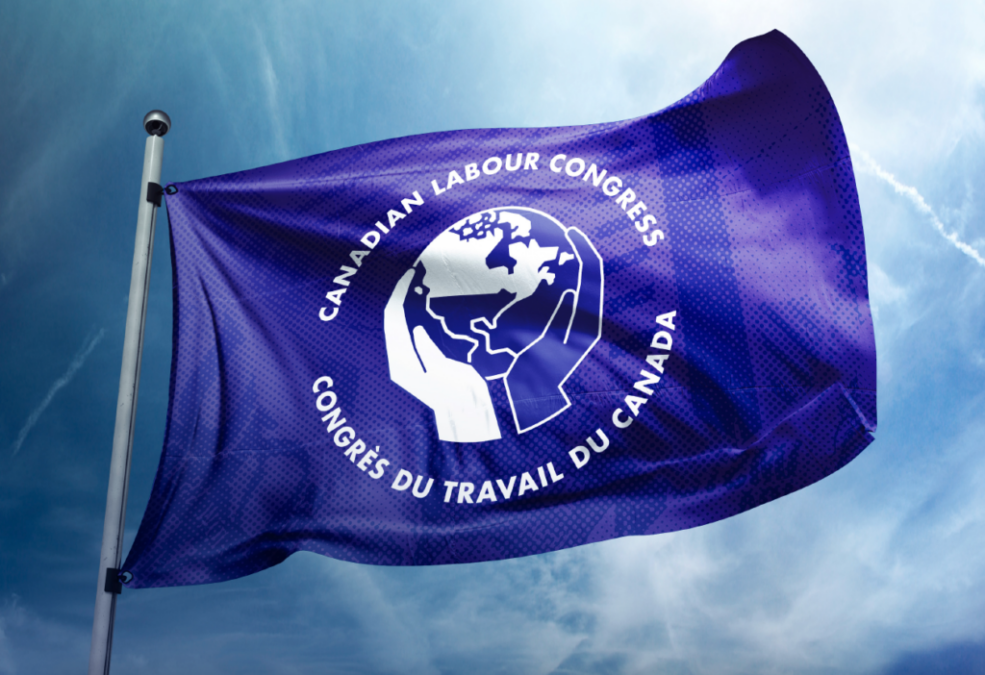
Workers push back, demand decent work from decision-makers
As the global community marks World Day for Decent Work, workers around the world are standing up to employers and governments and demanding better: better working conditions, better wages and better access to benefits.
The economic impacts of the pandemic highlighted not only existing inequality, but showed how a lack of workplace benefits – like paid sick leave – can have severe repercussions on workers, their families and our broader communities.
“Workers in low-paid, frontline and precarious jobs were hit hardest over the last few years. The pandemic really showed us all that our existing system was heavily flawed and not at all designed to support workers through a time of crisis,” said Bea Bruske, President of the CLC. “So, workers strengthened their resolve, and have pushed back against their employers and against governments, demanding access to things like paid sick leave and other workplace and social benefits. We can’t claim to move forward from the last two and a half years, yet expect to go back to the way things were. The old way wasn’t working.”
The federal government made some commitments over the course of the pandemic and into the recovery period, aimed at improving supports for workers. Things like paid sick days, for example, go a long way to making work life better for those without workplace benefits.
“But workers know that temporary and stop-gap measures don’t go far enough. Which is why across Canada and the United States, workers from places like Starbucks, Amazon and Indigo are organizing in large numbers into unions. They’re demanding improved pay, better working conditions and supports, and benefits. They are winning over major corporations that have historically been anti-union. It speaks volumes to these workers’ determination and drive to win decent working conditions for themselves and their coworkers,” said Bruske. “They’re doing incredible work and they should be very proud of these victories.”
However, the ongoing affordability crisis is making life increasingly difficult for many workers. Wages are stagnating while the cost of living has continued to increase at a breakneck pace. Meanwhile, corporate profits are soaring, with company executives bringing in astronomically high payouts. None of the windfall is being shared through wage increases, nor is it contributing to social spending through taxes.
“Decision makers – like the Bank of Canada – want to blame everyone but the true culprits for rising inflation. But forcing the economy into a recession won’t solve the underlying problem: pandemic profiteers fixed prices on essential goods and pocketed the surplus cash. They must be made to pay their fair share through increased taxes; money that could be used to increase social spending and avoid another recession,” said Bruske.
Read the ITUC’s statement on the 2022 World Day for Decent Work.







